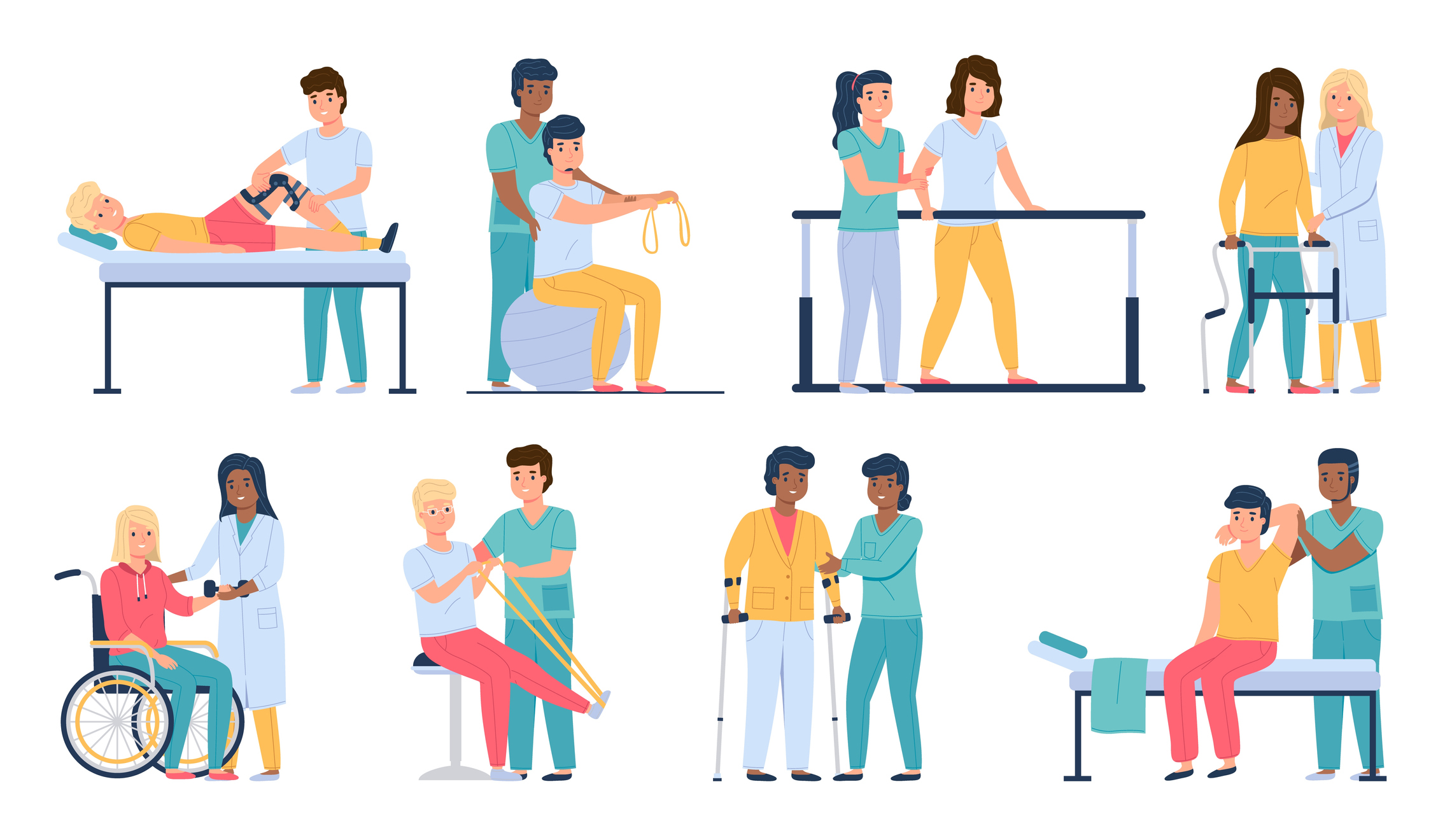Residential rehab is a form of treatment for individuals struggling with substance abuse, addiction, and/or mental health issues. It is a long-term, live-in program which provides a safe and supportive environment in which to focus on recovery. During residential rehab, clients receive individual and group counseling, educational classes, and activities to help them address their addiction or mental health issues.
Benefits of Residential Rehab
One of the main advantages of residential rehab is that it offers a safe and supportive environment to help facilitate recovery. Clients have access to 24/7 care and support from professionals who understand the challenges of addiction and mental health. This helps to foster a sense of safety and security, which can be invaluable in the recovery process. If you want to know more about rehab drug addiction, You may navigate to this website https://stepstogether.co.uk/the-benefits-of-rehab/.

Image Source: Google
Types of Residential Rehab
Residential rehab can be either short-term or long-term. Short-term rehab usually lasts for 30 days or less and focuses on developing coping skills and relapse prevention strategies. Long-term rehab is typically longer than 30 days and focuses on intensive therapy and exploring underlying issues that may have contributed to the addiction.
What to Expect from Residential Rehab
When attending residential rehab, clients can expect to participate in a variety of activities and therapies designed to help them address their addiction or mental health issues. This might include individual and group counseling, educational classes, and activities such as yoga, art therapy, and mindfulness. There may also be opportunities for family members to participate in the recovery process.